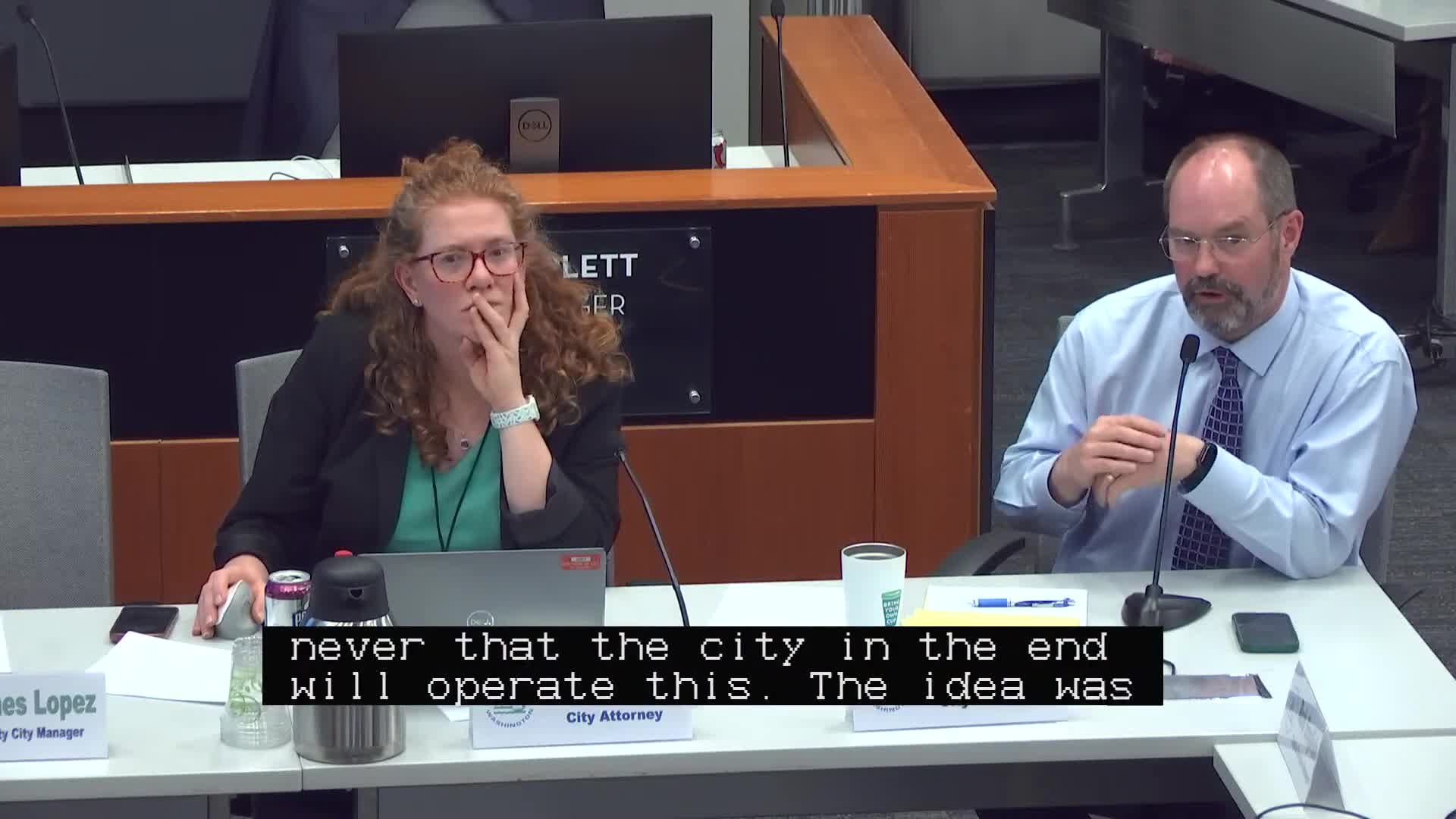Council hears contentious update to critical‑areas rules; staff proposes riparian management zone to boost habitat and water quality
Get AI-powered insights, summaries, and transcripts
Subscribe
Summary
Planning staff proposed major updates to Kirkland’s critical‑areas code on Nov. 5, including a proposed Riparian Management Zone intended to balance expanded stream and wetland protections with fewer immediate nonconforming parcels than a simple numeric buffer expansion.
Kirkland planning staff presented major updates to the city’s critical‑areas ordinance (Chapters 85 and 90) on Nov. 5. The most consequential discussion focused on stream and wetland buffers and a staff‑recommended Riparian Management Zone (RMZ) alternative intended to increase protection for water quality and habitat while moderating large immediate impacts on private property owners.
What staff proposed: For landslide hazard code (Chapter 85) staff recommended adding a minimum slope height to narrow the landslide‑hazard footprint, exemptions for small repairs or low‑risk utility work, and clearer tree‑management language consolidated into the city’s tree chapter. For streams and wetlands (Chapter 90) the planning team presented two principal buffer options: (1) a straightforward expansion of prescribed buffers to a larger, single numeric buffer consistent with some tribal and state recommendations (staff noted tribes and WDFW cited 100‑foot buffer minima in their comments), and (2) the RMZ model that combines a nominally larger inner buffer, an outer RMZ requiring added tree‑conservation and restoration measures, and clearer, narrower rules for interrupted buffers.
Why it matters: Expanding straight numeric buffers would bring hundreds more properties into direct regulation and create many new legally nonconforming situations that would restrict redevelopment or larger alterations. Staff emphasized that a blunt buffer expansion would take many years to produce ecological gains because work to restore riparian conditions often depends on redevelopment triggers. By contrast, RMZ rules aim to create measurable ecological improvements more quickly — through strengthened tree retention and replanting rules, low‑impact development requirements tied to new work, and clearer monitoring expectations — while reducing the number of properties that immediately become nonconforming.
Council discussion: Several council members asked whether doing nothing was an option; staff said it was not advisable given new best‑available science and the risk of later appeal. Council members also pressed staff about property‑value impacts, the number of properties affected by each option, and the practical time horizon for ecological benefits. Staff noted the RMZ would add roughly 1,300 properties into a regulated zone and that almost 1,000 additional parcels would be affected if the straightforward buffer expansion was adopted. Planning staff said the RMZ is designed to encourage on‑site tree canopy and stormwater improvements that are feasible for property owners and produce measurable water‑quality changes faster than a purely numeric expansion.
Next steps: Staff will refine code language and return for additional council direction and ordinance action. The update is a required periodic action under the state Growth Management Act; staff warned that litigation or appeals are an ongoing possibility if the code departs from best available science.
Public interest and risk: The issue generated high community interest because it affects private property rights, permitting costs, and potential future development on parcels adjacent to streams and wetlands. Council asked staff to provide more specific cost and timeline modeling for likely owner outcomes and to continue tribal and WDFW coordination.
